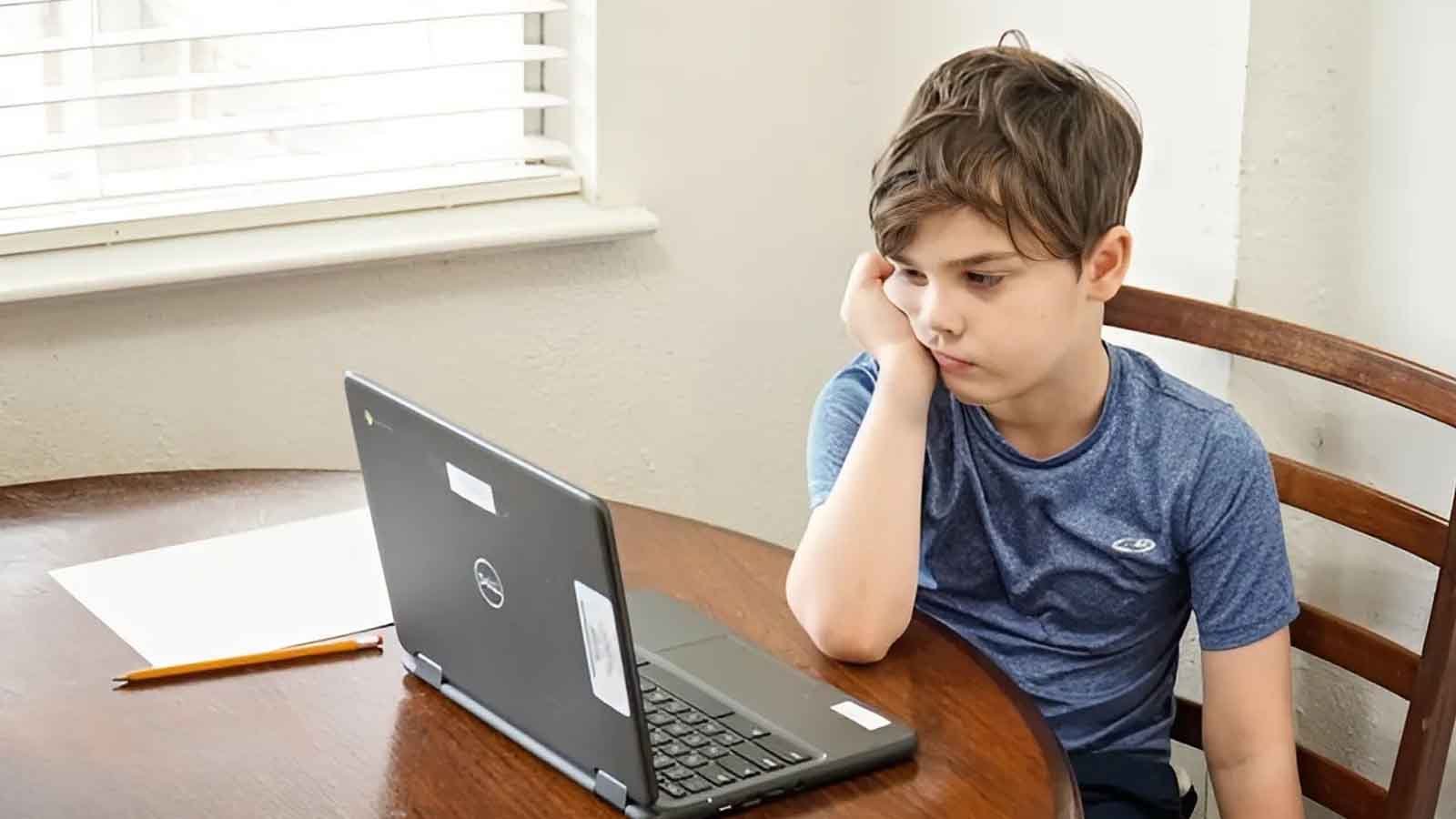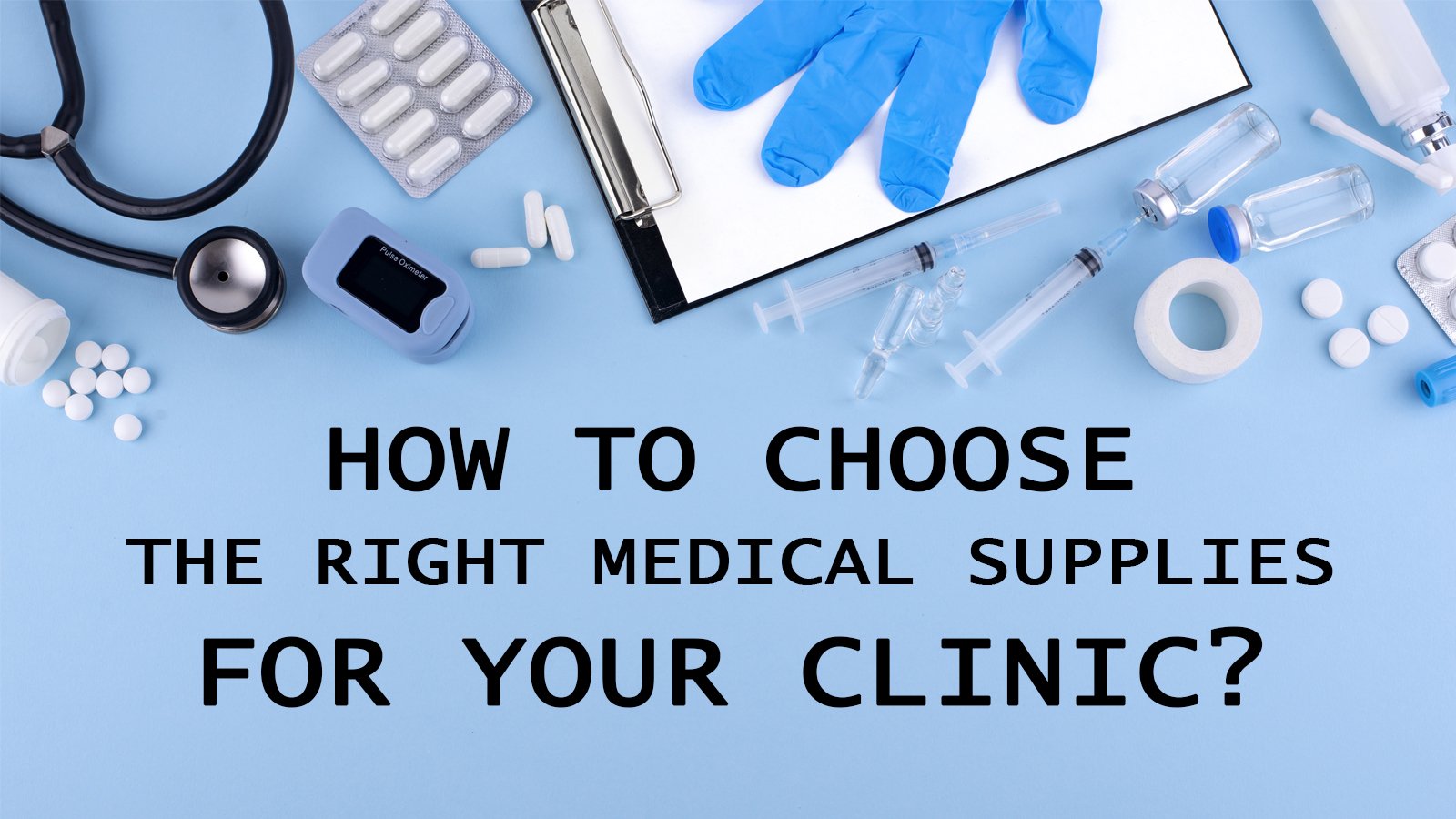With the widespread use of social media today, people are spending more time online. However, this process has also brought about some psychological problems. Depression is one of the most important of these problems and social media has an impact on this issue as well. In this article, the relationship between social media and depression and the effect of depression on social media users will be examined.
The relationship between social media and depression is quite complex and arises from the combination of many different factors. Depression is a mental illness that reduces a person’s quality of life. Symptoms of depression include constantly feeling sad, loss of interest, sleep problems, fatigue, loss of self-confidence, difficulty concentrating, and lack of self-esteem.
The causes of depression usually stem from multiple factors. These factors include genetic predisposition, stressful life events, difficult living conditions, trauma, health problems, side effects of medication, and hormonal imbalances.
The increase in social media use is causing depression rates to rise. Many people experience feelings of loneliness, lack of self-confidence, comparison to others, and unhappiness as the amount of time spent on social media increases. The discrepancy between the perfect lives presented on social media and reality can make people feel worthless and increase the risk of depression.
In addition, it is thought that social media has changed the way people interact with each other. Communicating in a virtual environment is easier and more comfortable than face-to-face communication, which can lead people to reduce their real-life social interactions. This can increase feelings of loneliness and increase the risk of depression.
The Effect of Social Media on Depression
The increasing use of social media is an influential factor in the rising rates of depression. Social media enables people to be constantly connected to others and have instant access to information. However, this situation can cause people to feel lonely and increase the risk of depression.
There are many reasons why social media use can trigger depression. These include constant comparison, the need for approval, social isolation, confusion between the virtual and real worlds, exposure to negative news, and online harassment.
The effect of social media on the symptoms of depression is also multifaceted. The use of social media can reduce individuals’ interactions with people in real life, increasing feelings of loneliness. Additionally, constantly sharing stories of perfect lives and success can make individuals feel worthless and lacking in self-confidence. This can increase feelings of hopelessness, unhappiness, and helplessness, which are among the symptoms of depression.
Research on the effects of social media on depression shows that this relationship is strongly present. In particular, a higher relationship between social media use and depression has been observed among young people and women.
The Use of Social Media in Fighting Depression
The use of social media in fighting depression can also have a positive impact. In particular, the use of social media for depression treatment and support groups, as well as online therapy applications, plays an important role in this area.
The use of social media for depression treatment can be done in many different ways. For example, by sharing informative articles, videos, and podcasts about depression symptoms, awareness about depression can be raised. This way, people who are knowledgeable about depression can help themselves and those around them.
Another use of social media in depression treatment is social media support groups. These groups provide solidarity and support among people who are struggling with depression. Additionally, these groups can be used for sharing accurate information about depression, facilitating positive communication and interactions.
Online therapy applications are also one of the positive uses of social media in fighting depression. These applications offer therapy and counseling services related to mental health problems such as depression. Therefore, people who are struggling with depression can access therapy and counseling services from their own homes or any location with internet access.
Managing Social Media Usage
Limiting social media usage can be a method for preventing or treating mental health problems like depression. Especially, excessive use of social media can increase the risk of depression and anxiety disorders. Therefore, limiting social media usage and adopting healthy habits is important for mental health.
Regular digital detoxes are an effective method to limit social media usage. This detox involves staying away from social media for a certain period (e.g., once a week). During this time, it is possible to engage in other activities like reading books, going for a walk, or practicing meditation, which are beneficial for mental health. This method can reduce the negative effects of social media and create a positive impact on mental health.
Developing healthy habits on social media can reduce the negative effects that contribute to depression and other mental health problems. For example, spending limited time on social media can prevent it from causing sleep disturbances. Additionally, focusing on positive and interesting content instead of following negative or harmful content can be a healthy habit.
Result
Many studies have been conducted on the effects of social media on depression. There is evidence that heavy use of social media increases the risk of depression and anxiety disorders. However, social media also has positive effects. In particular, it has been observed that social media can help in the treatment of depression.
The role of social media in the treatment of depression is to provide social support to individuals with depression and reduce social isolation. Social media offers many different resources for individuals with depression. These resources include online therapy applications, depression-related support groups, and sharing of experiences. Through these resources, individuals with depression can connect with others and feel less lonely.
Proper use of social media can reduce the negative effects of depression. Specifically, the negative effects of social media include comparing oneself to others and developing negative thoughts about oneself. Therefore, to use social media properly, it is recommended that individuals not compare their lives, goals, and achievements with others. Instead, engaging in activities such as following positive content, spending enjoyable time, establishing social connections, and accessing reliable information sources on social media can have positive effects on depression.
Depression is one of the most common psychological problems today, and the increasing use of social media is contributing to its prevalence. Therefore, it is necessary to examine the effects of social media on depression and to learn how to use it properly. The use of social media in combating depression, as well as methods such as developing healthy habits and regularly performing digital detoxes, have positive results in treating depression. Therefore, social media users are advised to develop proper use habits and limit their use of social media.




























